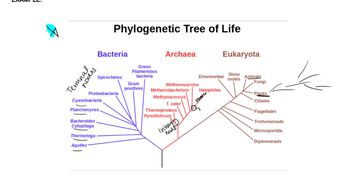Write a short essay that explains how recombinant DNA techniques were used to identify and study genes compared to how modern genomic techniques have revolutionized the cloning and analysis of genes.
The genetic difference between two Drosophila species, D. heteroneura and D. silvestris, as measured by nucleotide diversity, is about 1.8 percent. The difference between chimpanzees (Pan troglodytes) and humans (H. sapiens) is about the same, yet the latter species is classified in a different genera. In your opinion, is this valid? Explain why.
 Verified step by step guidance
Verified step by step guidance
Verified Solution
Key Concepts
Nucleotide Diversity

Species Classification

Genetic vs. Phenotypic Differences

What is functional genomics? How does it differ from comparative genomics?
Compare and contrast WGS to a map-based cloning approach.
What is bioinformatics, and why is this discipline essential for studying genomes? Provide two examples of bioinformatics applications.
Sequencing the human genome, the development of microarray technology, and personal genomics promise to improve our understanding of normal and abnormal cell behavior. How are these approaches dramatically changing our understanding and treatment of complex diseases such as cancer?
Annotation involves identifying genes and gene-regulatory sequences in a genome. List and describe characteristics of a genome that are hallmarks for identifying genes in an unknown sequence. What characteristics would you look for in a bacterial genome? A eukaryotic genome?
